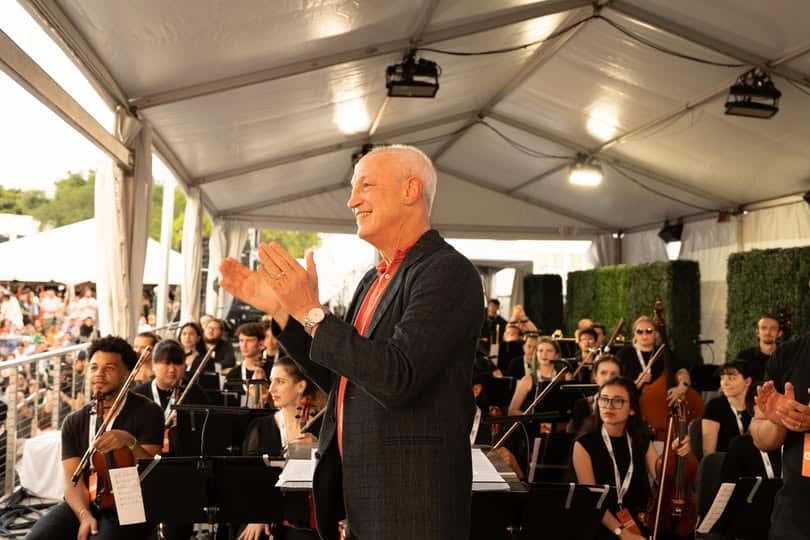Fastest oboe switch in the west
mainThis is the LSO’s principal oboe Olivier Stankiewicz making no drama out of a crisis in Berlioz’s Damnation of Faust.
SERIOUSLY cool-headed reaction from Principal Oboe Olivier Stankiewicz last night. #thisisrattle #thisisteamwork pic.twitter.com/bGAho2eDmX
— London Symphony Orch (@londonsymphony) September 18, 2017






Comments